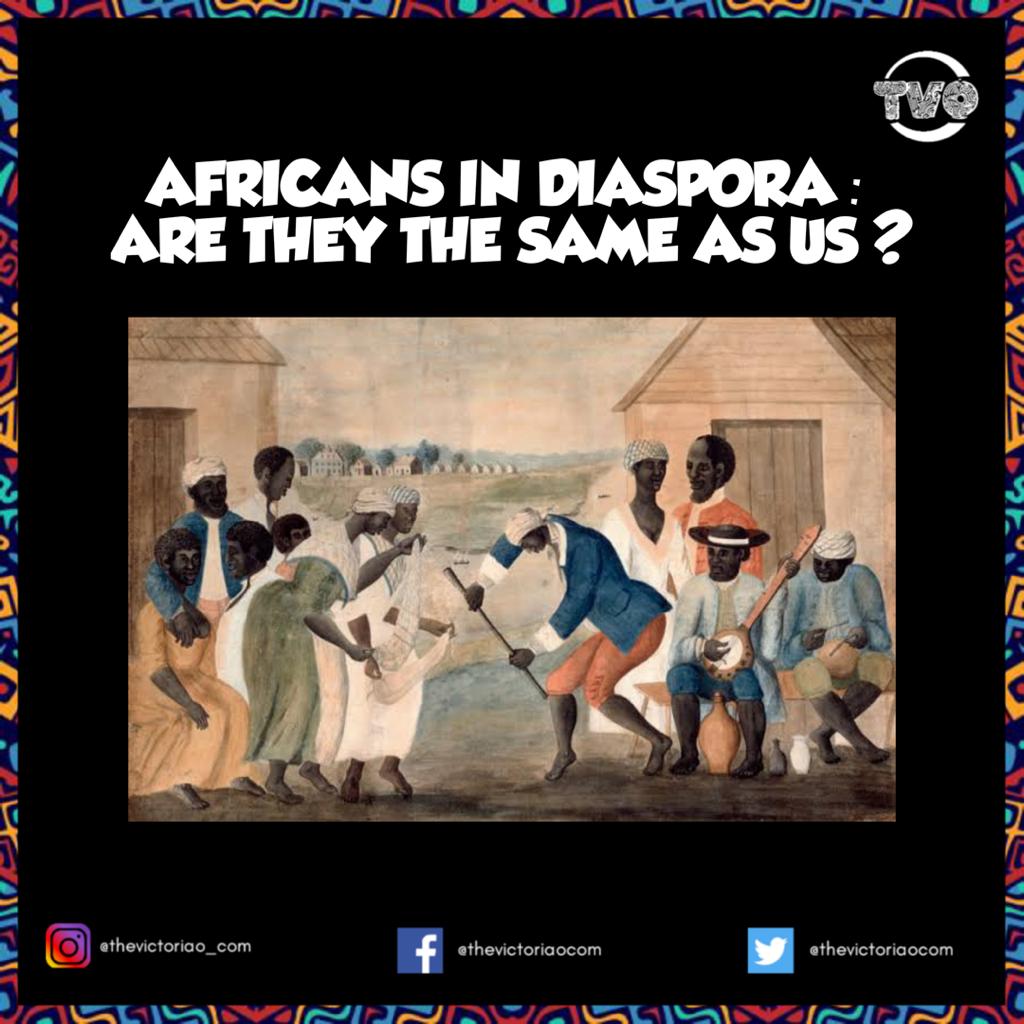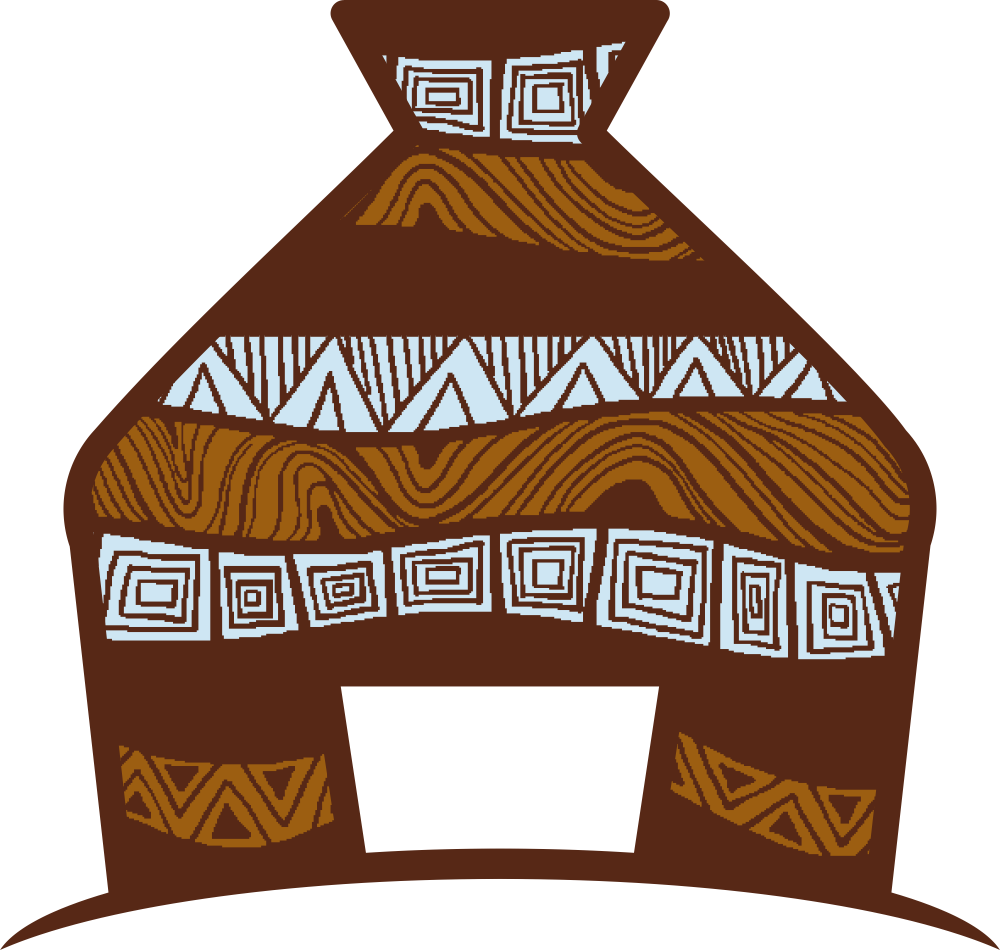by Orjijigh Alom

Of Greek origin, the term ‘diaspora’ translates to ‘scattering’ or ‘dispersal.’ The African diaspora may therefore be used to encapsulate people of African ancestry dispersed or scattered from their home continent to other parts of the world either through forced removal or voluntary migration, and the progeny of the dispersed born in their new places of settlement. In essence, the African diaspora is made up of the offspring of those who were forcefully removed from their home and taken to other places as slaves centuries ago – historical diaspora – and those who have migrated from Africa in search of better opportunities – contemporary or new diaspora. A greater percentage of the former category is found in Central, and South America, as well as the Caribbean.1 The new diaspora on the other hand is spread mostly across America, Europe, and Asia.
These dispersed peoples of Africa, as may be expected, share commonalities with those resident on the home continent. Parts of their culture are some of the most enduring relics of the homeland that can be found among the historical diaspora community, including traditional religion. A case in point being traces of Yoruba traditional religion hybridized with Catholicism discernable in some religions practiced in South America – Brazil, Bahia, Cuba, etc.2 Other areas where traces of home are found in the diaspora population include music and dance in South America and the Caribbean. These threads of culture served as linkages between those who were uprooted to a strange place with the home they left behind. And when these men and women gave birth to children, they not only passed down the melanin in their skins but also these cultural echoes of home.
Read also: being African: do our stories portray us in the right light?
Furthermore, both Africans at home and in diaspora are, as stressed by Colin Palmer, “united by a past based significantly but not exclusively upon ‘racial’ oppression and the struggles against it.”3 Whether living on the African mainland, in the Americas, the Caribbean, or Europe, there is the heritage of oppression they all have to deal with, in the form of slavery or colonialism. A heritage that reduced them to the level of subhumans, beneath those who stole them across the ocean as slaves or those who invaded their home to impose their self-professed superior way of life on them. So, regardless of their location, both groups face broadly similar problems in constructing and realizing themselves in light of the disruption and debasement of who they were. They both have to define and redefine themselves and reclaim their identity.
Beyond the connections highlighted, and the accompanying emotional bond between those in the diaspora and their ancestral continent, across oceans and seas, there are differences that must not be glossed over. In trying to construct and realise themselves, for instance, the Africans on the continent and in diaspora face different circumstances which affect the identity they have to own. While those on the continent are ‘rooted’ at home and are trying to dust themselves and rise above the yoke of colonialism, those abroad have to set down new roots in another land, especially the contemporary diasporals. Africans in diaspora, especially groups like African Americans/Black Americans are caught somewhere in the middle, not fully belonging and accepted back ‘home’ since the connection is minimal and not fully belonging and being accepted in their new ‘home’ either because of their difference. The negotiation of identity among this group is trickier and more miry than those in Africa.
It is true that Africans everywhere face challenges but the natures are specific to the societies they are found in. This is owing to the particular social realities experienced by both groups. Africans in Africa are still struggling with ills like bad governance, social injustice, gross insecurity, and others deeply rooted in their culture and tradition. Those in, say, Canada, Britain, and America may not be dealing with such problems, or if they are, not on the same scale. The type of racism Africans in diaspora encounter day to day is also different from that which Africans in Africa have to live with, excepting perhaps in South Africa and the Maghreb where there is a very large community of white Africans.
So while Africans both at home and in diaspora share things in common, it will be simplistic to ignore the various differences in the challenges face and social realities they experience. These go a long way in shaping their cultures and identities.
1https://www.yukonyouth.com/the-african-diaspora-what-is-it/

